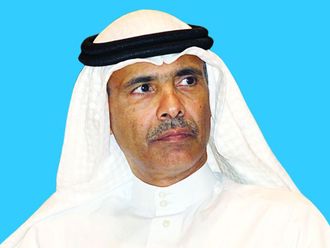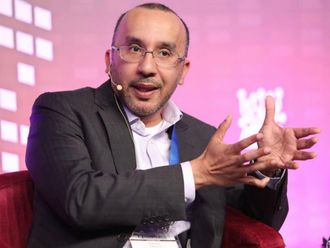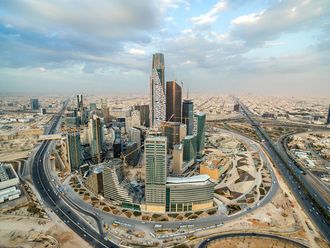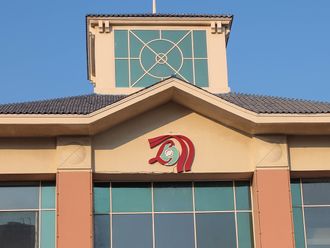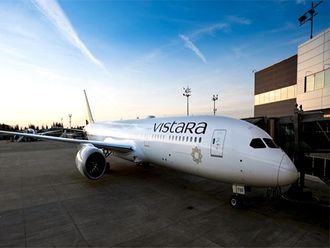
It’s a well-known fact that university degrees can be expensive. Tuition, travel, accommodation and living costs all factor into a sizeable monetary burden that often cast a hefty shadow upon graduating students for years to follow, especially if an individual’s institution of choice is in a premium destination such as the US, Australia or Europe.
Access to exemplary higher education, which is often limited by both geography and a student’s economic standing, is the key to developing sustainable economic growth. To overcome the issue of students needing to travel to their chosen institution, the sector has established a number of ways to bring universities to the students.
International branch campuses (IBCs) are educational institutions established in a country outside of the one where the university’s home campus exists. They provide individuals access to a superior level of education which they might not have been able to afford otherwise.
A recent article identified three waves of IBC establishment — the first in the late 80s to early 90s, when approximately 100 American universities explored establishing branch campuses in Japan. Twenty-two proceeded, however today only one remains — Temple University, founded in 1982.
The second wave came about a decade later, when Australia, the UK and the US began establishing campuses in countries such as Qatar, Singapore and in the UAE, in response to a strong drive from these destinations to attract international branch campuses. The difference this time, however, was the creation of specially designed educational hubs, which accounted for 80 per cent of IBC growth during the period.
The third and final wave incorporates the continued growth of existing IBCs, and the diversification of host and home countries. From 2012 to 2014, for example, the number of countries hosting branch campuses increased by 40 per cent.
This is testament to the success of the international education hub model, which provides a unique environment for IBCs, enabling them to share knowledge and expertise with a wide variety of institutions from around the world. South Korea’s Incheon Global Campus opened the doors to its first IBC in 2012 — the State University of New York — and shortly followed by George Mason among others — is a more recent example, which is able to draw upon the experience of longer established education hubs such as Dubai International Academic City.
With almost 40 IBCs, the UAE is currently home to the highest number of IBCs in the world, and this number is only expected to grow. This rise is spurred by rising numbers of young people throughout Middle Eastern populations, its convenient location and driven by governmental initiatives such as the UAE’s innovation and knowledge economy strategies, both designed to diversify the GDP away from oil.
The knowledge economy agenda implemented by the UAE Government has created significant job opportunities for students in the GCC. As the economy and opportunities grow, so does competition, and so the fight for the best jobs rests on the level and quality of education the graduate can present.
This situation is further driven by huge leaps in technology as machines replace workers in many situations. This gap between education and technology is therefore growing, which means that employers are increasingly insisting on recruiting those with a degree or more.
Further, the ‘graduate premium’, or the difference between the wages of those with a degree and those without, is still significant and therefore, it is still worth the investment in education. As the number of people with undergraduate degrees continues to climb, it’s becoming harder to stand out from the crowd, as employers are placing a preference on those with postgraduate or vocational qualifications that directly relate to the job they are recruiting for.
As a result of these factors, the race is on for governments all over the world to increase access to quality higher education to train their future workforce to a high level, and the UAE is well placed in this regard. According to the 2014-15 ‘Global Competitiveness Report’, a flagship of World Economic Forum, the UAE ranked sixth in the world with respect to higher education and training, having placed 35th in the previous year. The growing number IBCs have definitely been a major contributor to this achievement.
By providing the right environment for educational institutions to establish themselves, attract students and provide high quality teaching, we are winning the race to attract foreign students, who are likely to become employees of the future.
The balance of their success, however, is to ensure that IBCs offer a wide enough range of courses to be relevant to student requirements, and to ensure there is enough interest in these courses to cover the costs, as well as providing transnational students with employment opportunities post-graduation.
Therefore, it is crucial that IBCs remain economical and cost-efficient to allow the flexibility and agility needed to respond to wider macroeconomic demands, the demands of local industry, and above all, contribute to the UAE’s national agenda. By ensuring that our higher education sector retains its leading position in the Middle East, we are well positioned to assist in driving the UAE’s economy forwards.
The writer is Managing Director of Dubai International Academic City and Dubai Knowledge Village.




